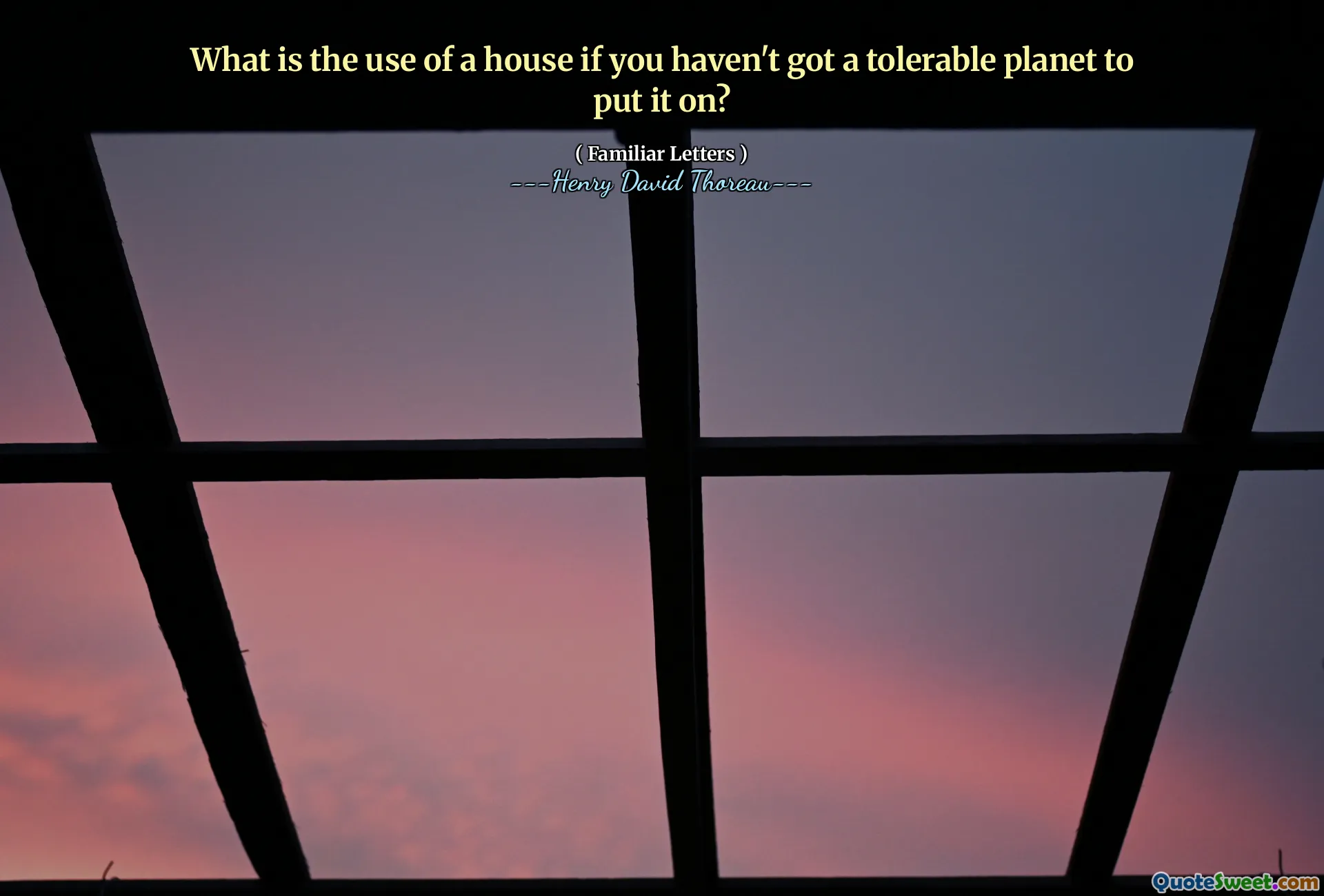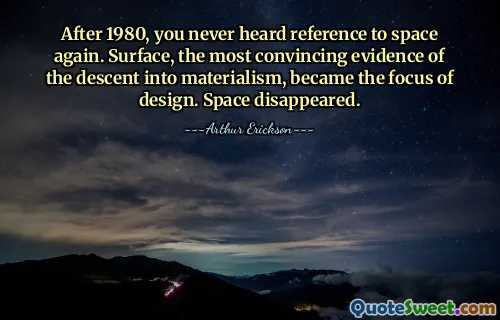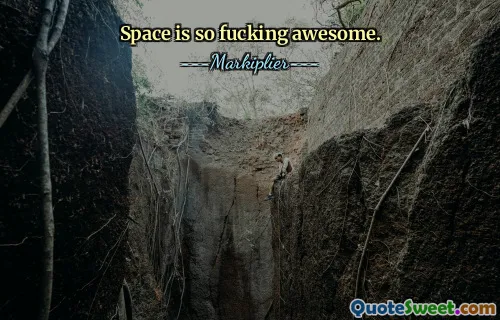
What is the use of a house if you haven't got a tolerable planet to put it on?
This quote poignantly highlights the interconnectedness between human existence and the environment that sustains it. It challenges the conventional notion of ownership and constructs like a 'house' as ultimate achievements or sanctuaries, by reminding us that such accomplishments are fundamentally dependent on the health and viability of the planet itself. Without a living, breathable, and nourishing Earth, a house—no matter how well built or beautifully decorated—loses all its significance. The quote implicitly underscores the urgency of environmental stewardship, emphasizing that our priorities must extend beyond individual comforts to encompass a collective responsibility toward our planet. It resonates deeply in contemporary times, where climate change, pollution, and ecological degradation threaten the fabric of society. It also calls for a broader, more systemic understanding of what prosperity means: safeguarding natural resources and ecosystems to ensure that future generations inherit a world capable of supporting life. Reading this in the context of Thoreau's work, known for his philosophy of simple living and harmony with nature, brings a richer appreciation of the quote. It urges us not merely to possess or build, but to coexist, adapt, and protect the foundational conditions of life itself. Ultimately, it is a call to re-evaluate our values, recognizing that the environment is not just a backdrop for human activities but the very ground upon which our existence depends.


